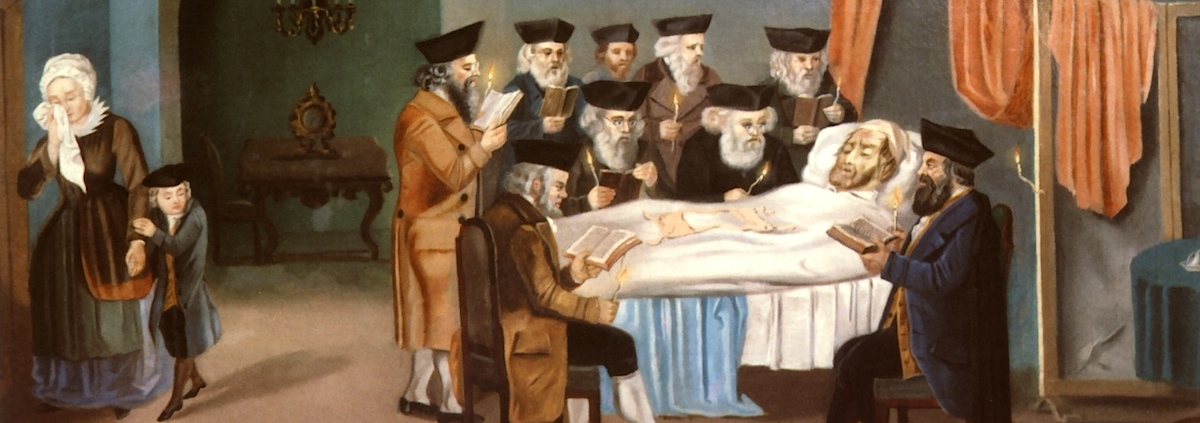A Dying Business
Since Torah times, people spend too much time on the business of making a funeral. Burying loved ones should not only be a commercial transaction. A funeral is a sacred and indispensable opportunity to say goodbye. Too often we waste much of that valuable time.
The Torah portion for this week opens with the death of Sarah. Abraham immediately begins the process of buying a burial site. The negotiation gets several verses of the Torah’s attention. And then Abraham’s beloved Sarah is buried.
Rarely are we given advice on how to organize a funeral. The business of burying is exhausting. Without prior planning, a plot must be purchased and a coffin selected. The traditions of a Jewish funeral are not always well known and are often expensive. The shroud, the washing of the body, and the shemirah (guar ding of the body) may be upcharges. The three funeral homes in the local area provide funerals at widely varying price points, and with increasing levels of service.
ding of the body) may be upcharges. The three funeral homes in the local area provide funerals at widely varying price points, and with increasing levels of service.
While the grieving family is arranging and paying for the funeral, they are planning the ceremony as well. Usually, a rabbi will officiate. Less than 1/3 of the Jewish population in the Greater Washington Area “has” a rabbi. Even if one belongs to a synagogue, the rabbi is not always available on short notice to officiate. Frantic calls to family and friends often begin the search for an officiant. Engaging a rabbi should not be another burden on the suriviors.
Ultimately, at a time when we should be grieving, we are engaged in the business of making a funeral. A gift we can give to our families is the outline for our funeral. A greater gift is having all the specifics in place – purchasing a plot, selecting a funeral home, selecting pallbearers, and some thoughts about who should speak.
When the tasks are completed, the real work begins. I advise people to let the tears flow. Your father or mother, or spouse, deserves your tears. Try to speak at the funeral. Tell a story and let yourself cry.
When asked to officiate at a funeral, I want to spend time helping the family with the grief and pain. If I didn’t know the person who died, I ask the family to share that person’s essence. Tell me about the person I did not get to know.
The legacy of Abraham is the loving-kindness he showed to strangers. We can improve on his legacy by having open conversations with our family about end-of-life planning. With proper preparation, we give our families the chance to grieve and, hopefully, heal.
Rabbi Evan J. Krame





 Evan J. Krame was ordained as a rabbi by the
Evan J. Krame was ordained as a rabbi by the